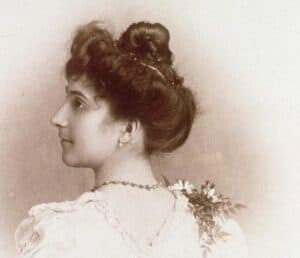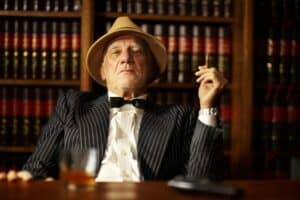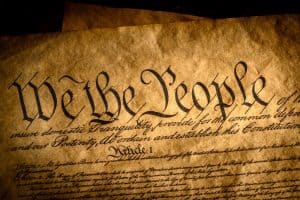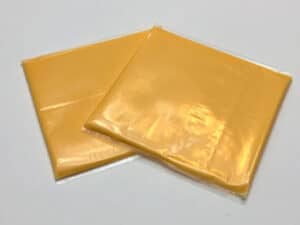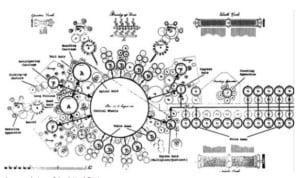History’s great leaders serve as a source of inspiration the world over, and their leadership leaves a lasting mark throughout history. There is something to be said about the words of men who led nations and armies into greatness. Today’s list is comprised of my favorite quotes from famous world leaders throughout history.
Alexander the Great
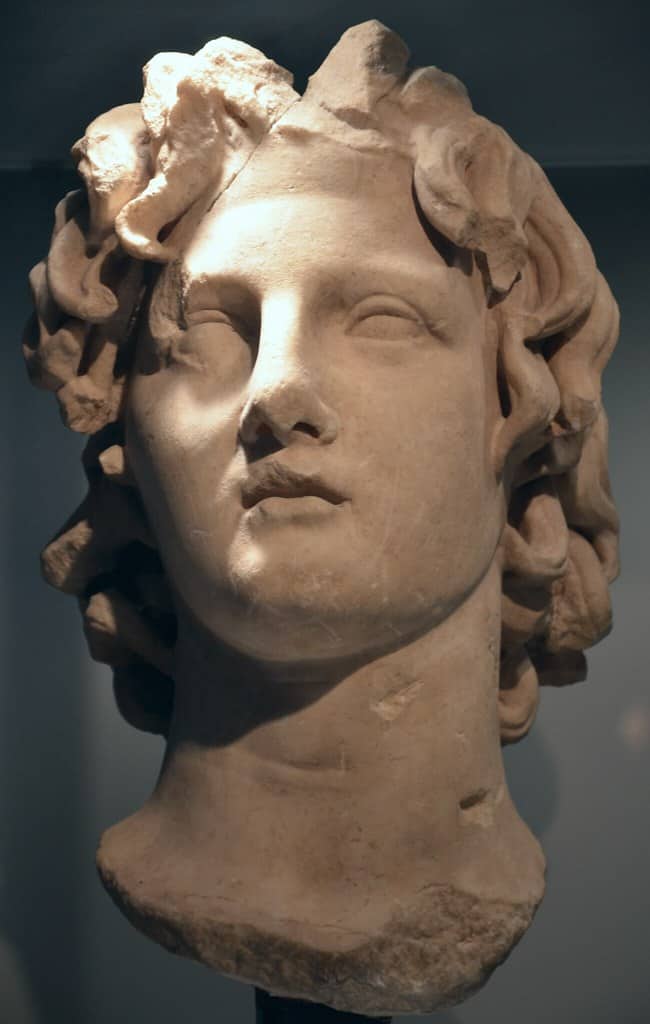
“I am not afraid of an army of lions led by a sheep; I am afraid of an army of sheep led by a lion.“
You could perhaps argue that Alexander’s quote on leadership might be a bit cryptic. However, the intent is clear. A strong leader can turn even lowly soldiers into a formidable force.
Ronald Reagan
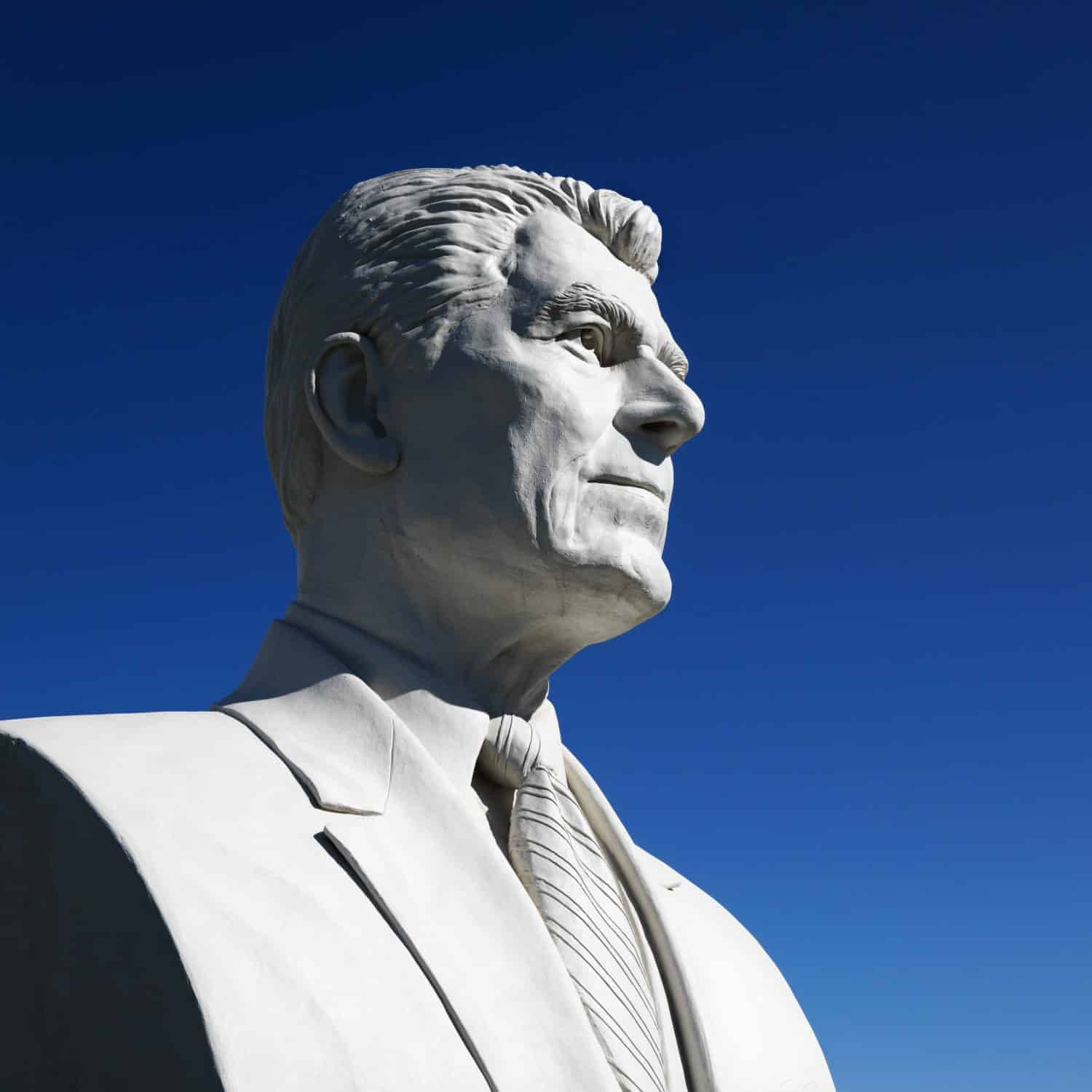
“When you can’t make them see the light, make them feel the heat.“
Reagan isn’t regarded as much for statecraft, but his leadership during the heightened tensions of the Cold War was instrumental in navigating the decade. Apply political pressure is a valid way of making your adversaries known.
Colin Powell
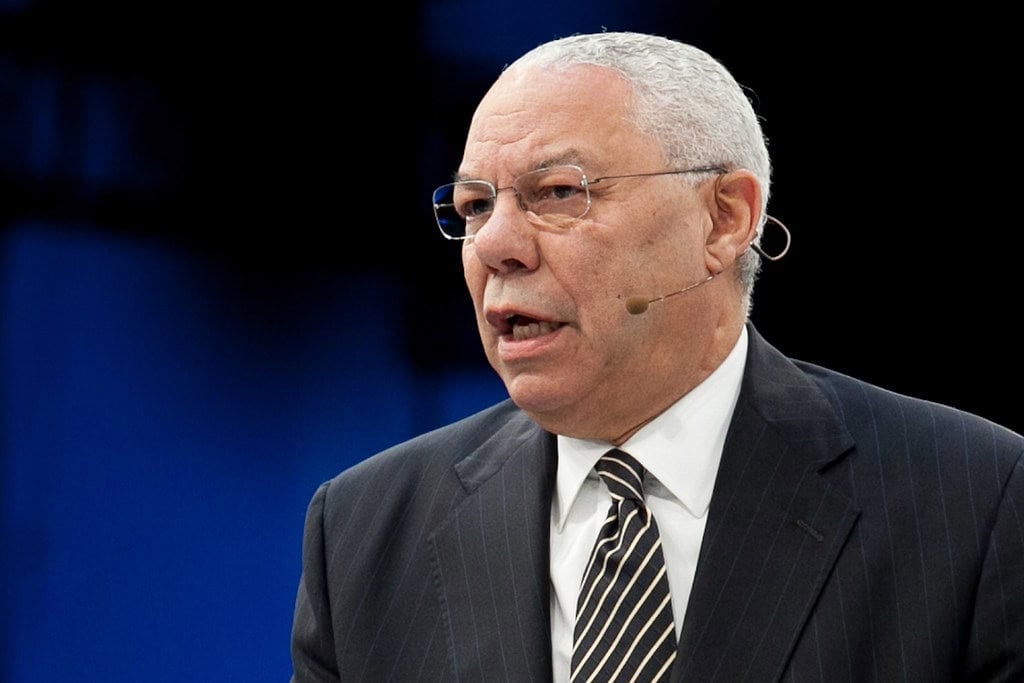
“Leadership is solving problems. The day soldiers stop bringing you their problems is the day you have stopped leading them. They have either lost confidence that you can help or concluded you do not care. Either case is a failure of leadership.“
If there is anyone with authority on the subject, it would be Colin Powell. The modern army has far different needs for leading than ancient armies. Keeping morale high and treating your troops like human beings goes a long way.
Napoleon Bonaparte
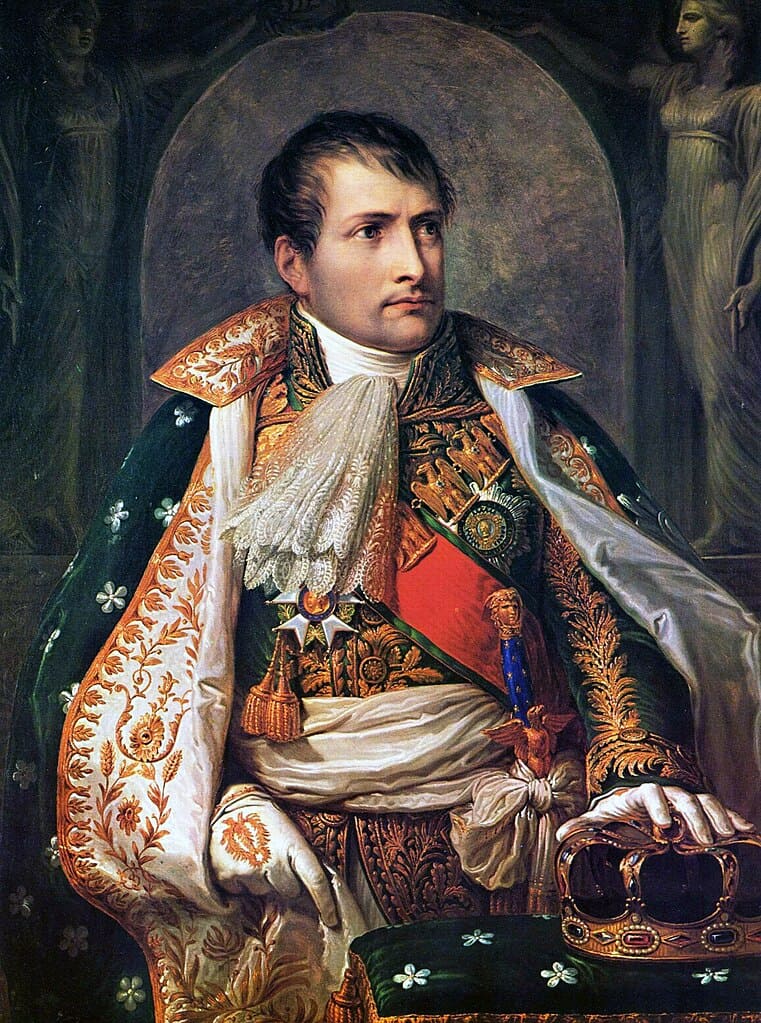
“A leader is a dealer in hope.“
It is hard to deny the effect Napoleon’s leadership had on France. He pulled the country out of the chaos of the Revolution and faced off against every major European power looking to seize French holdings. For the times, he was an embodiment of hope before embarking on his campaign of conquest across Europe.
Mahatma Gandhi
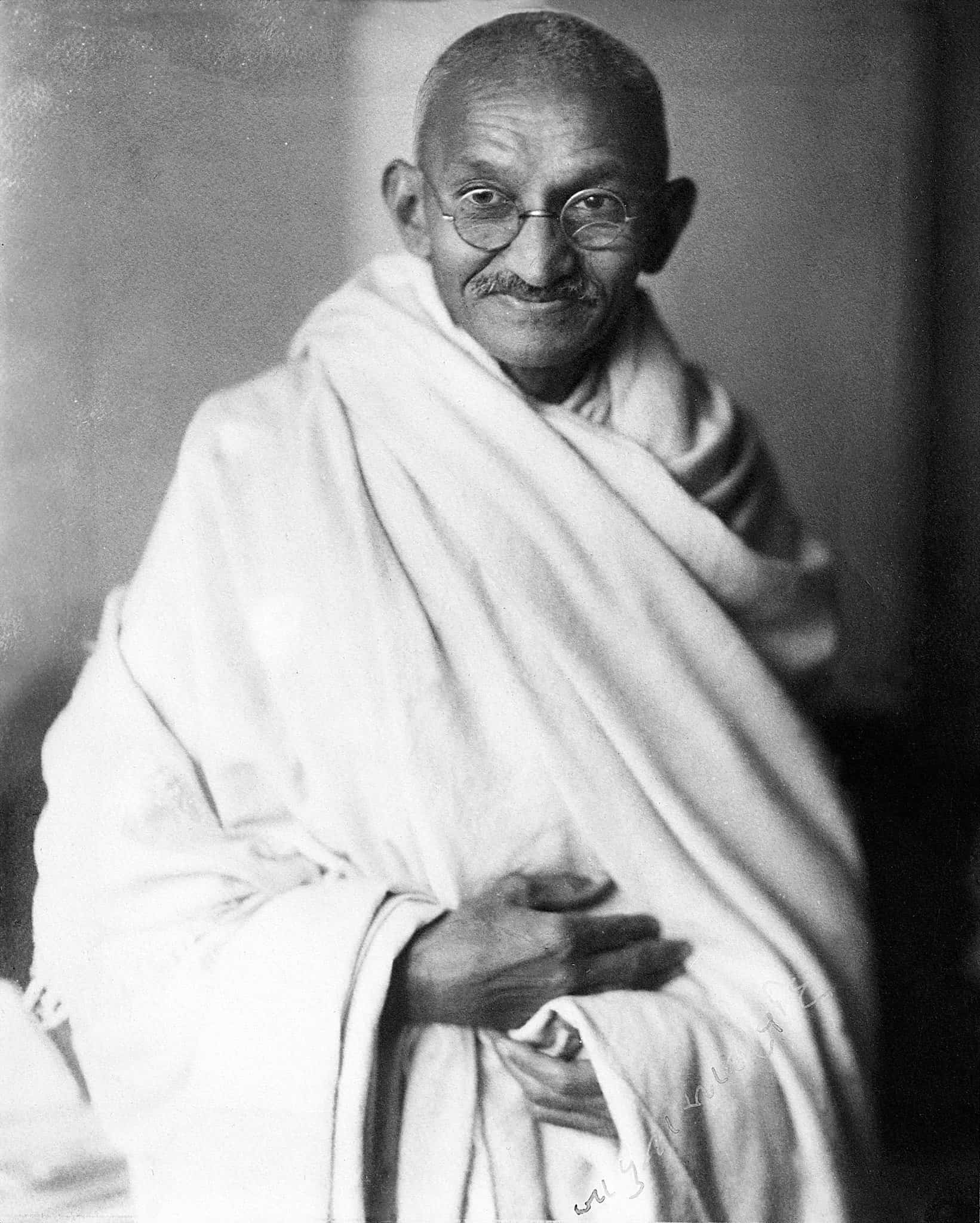
“I suppose leadership at one meant muscles; but today it means getting along with people.“
Gandhi is a unique case when looking at historical leaders. While he held a position of power, the way he achieved his aims wasn’t through violence, but rather through peaceful disobedience.
Sun Tzu
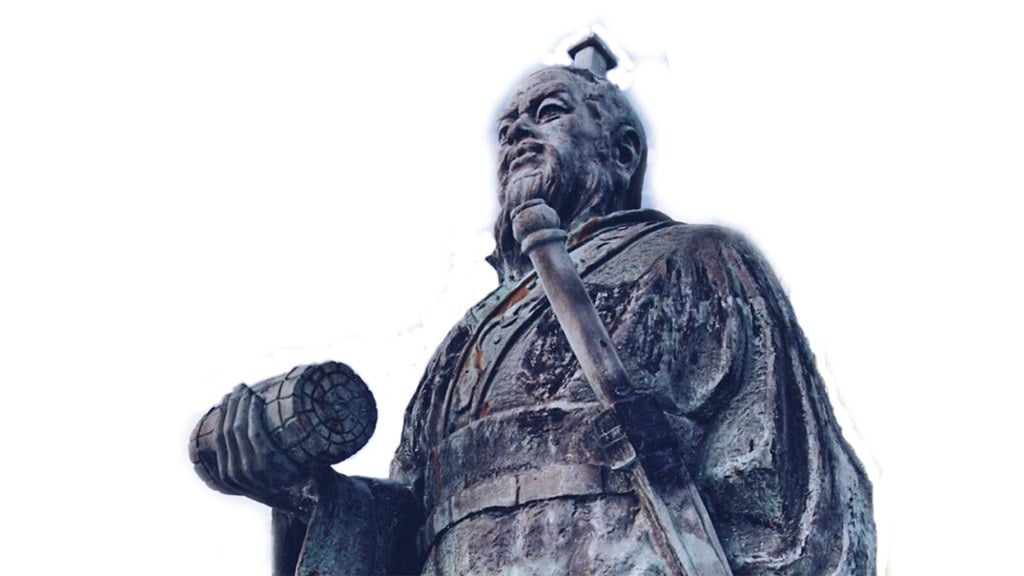
“He who is prudent and lies in wait for an enemy who is not, will be victorious.“
Life has changed significantly since Sun Tzu’s time, but his view of leadership still has merit. Being prepared and waiting for your time rather than rushing in gets the results you want, more often than not.
Theodore Roosevelt
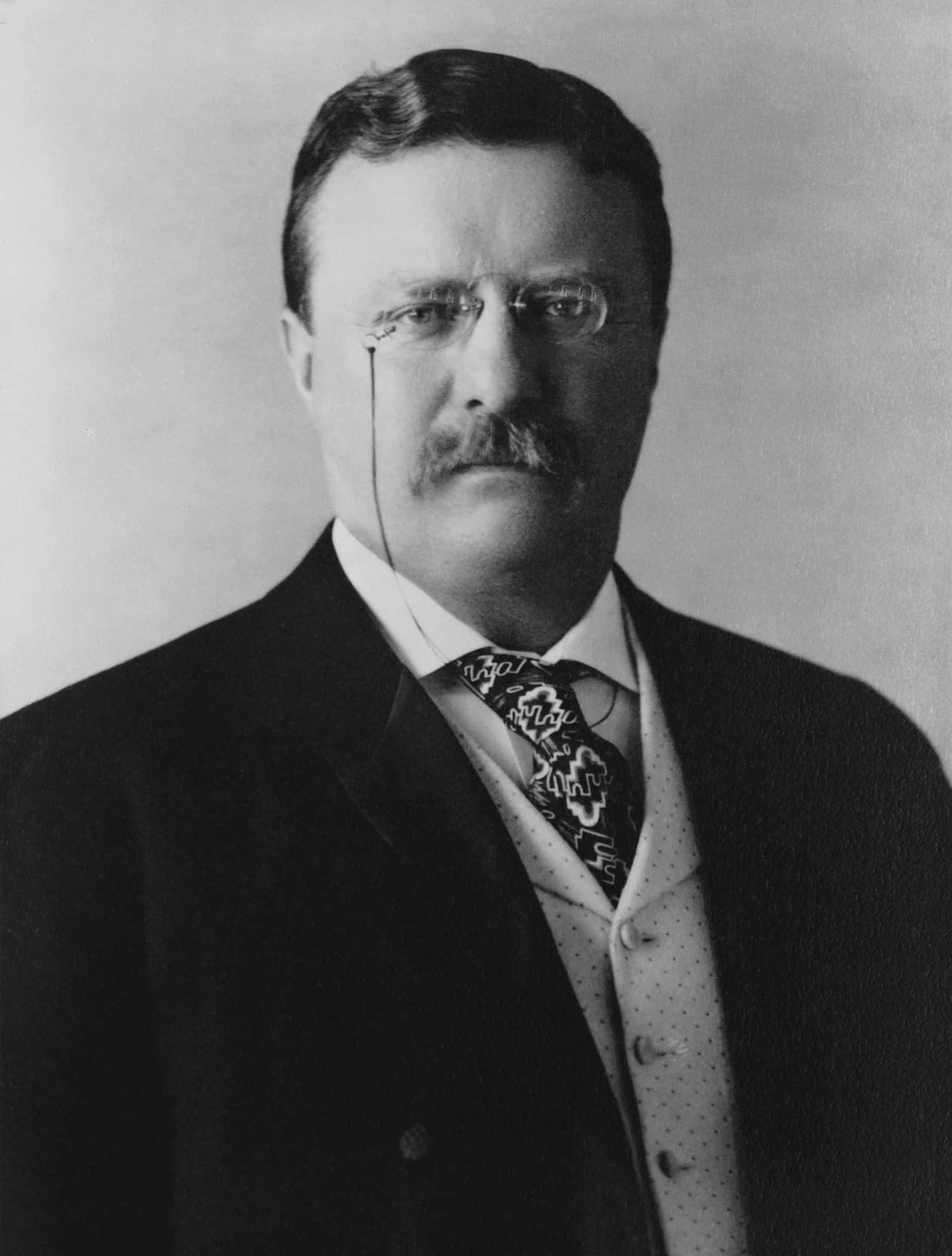
“Speak softly and carry a big stick; you will go far.“
Roosevelt is one of the great examples of leadership in the United States. This quote implies that being calm but having the means to deter or handle whatever comes your way is going to go much further than a paper tiger of a leader.
John F. Kennedy
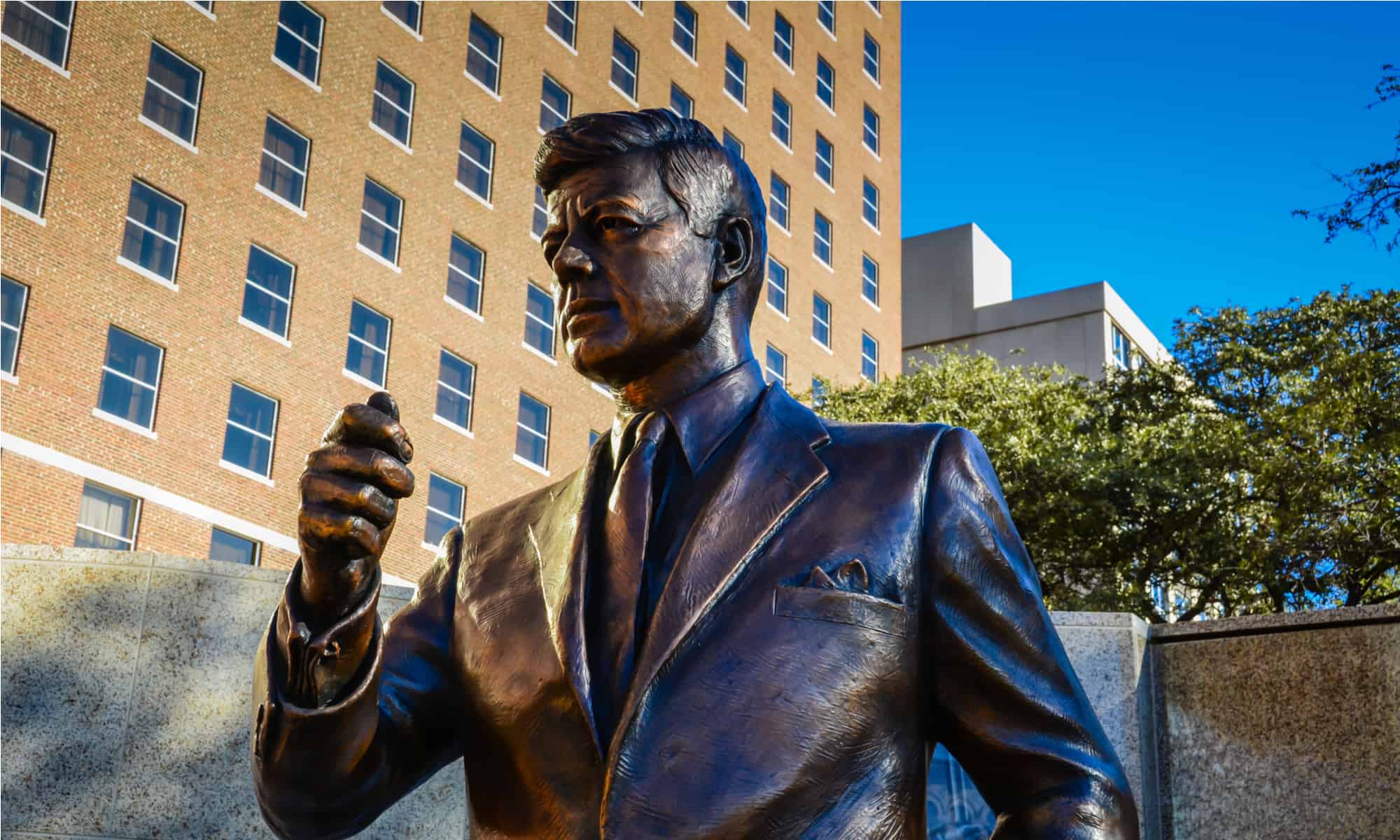
“Leadership and learning are indispensable to each other.“
Kennedy’s time in office was cut short, but his view of leadership still rings true. People are constantly evolving and growing. A leader who does so is going to be successful in the long run.
Chester W. Nimitz
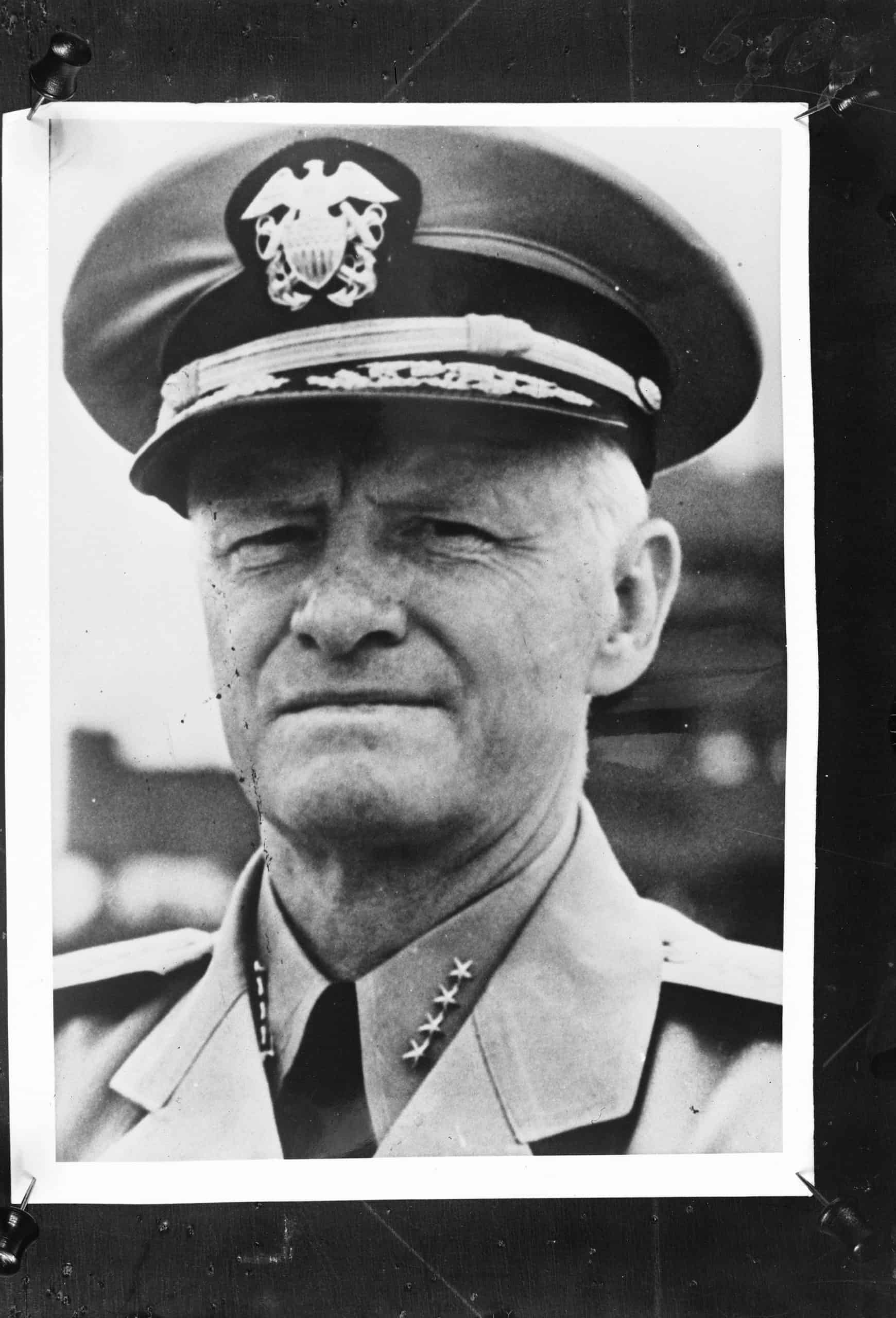
“Leadership consists of picking good men and helping them do their best.“
Nimitz understood finding the right person for the job, thanks in part to his position as a fleet admiral during the Second World War. Having the right person for the job in his position was a matter of life and death for the men on each ship.
Henry Ward Beecher
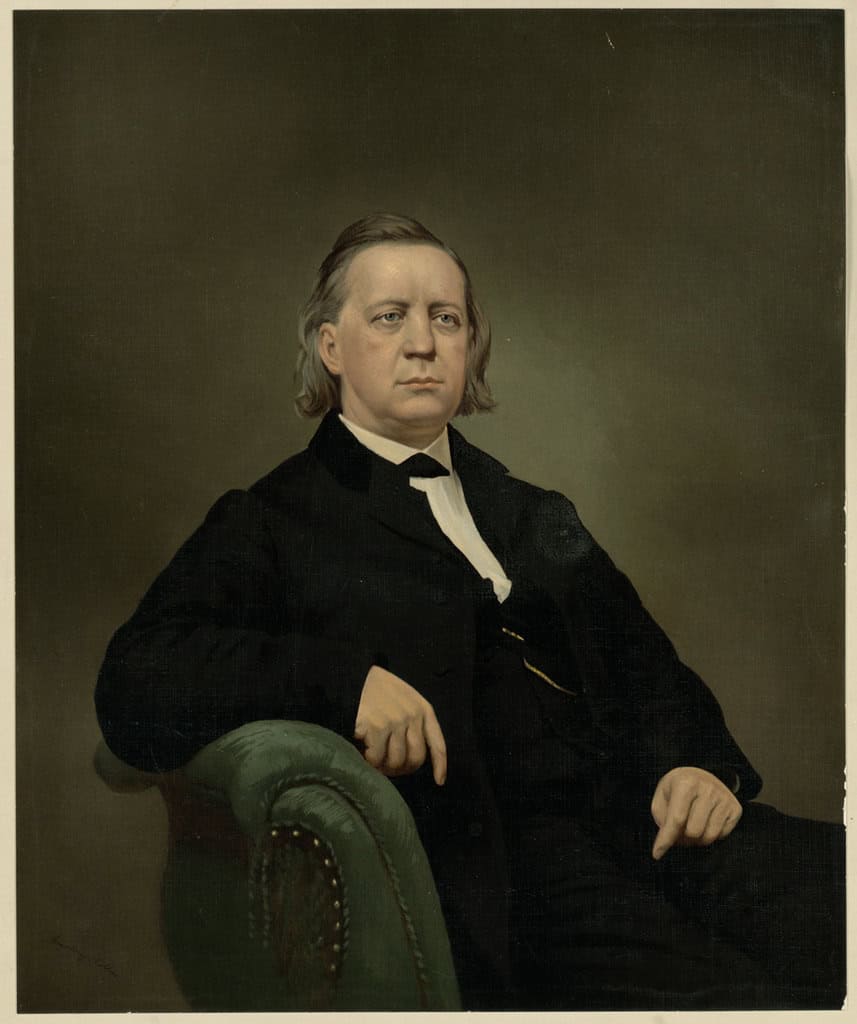
“Hold yourself responsible for a higher standard than anybody expects of you. Never excuse yourself.“
Beecher is an interesting figure when looking at examples of historical leadership. He wasn’t a politician, but rather a preacher and abolitionist. However, he stuck to his ideals and convictions and stayed the course.
Nelson Mandela

“It is better to lead from behind and to put others in front, especially when you celebrate victory when nice things occur. You take the front line when there is danger. Then people will appreciate your leadership.“
Mandela is one of the most important figures of the 20th century, so it stands to reason he has a few words to say about leadership.
Martin Luther King Jr.
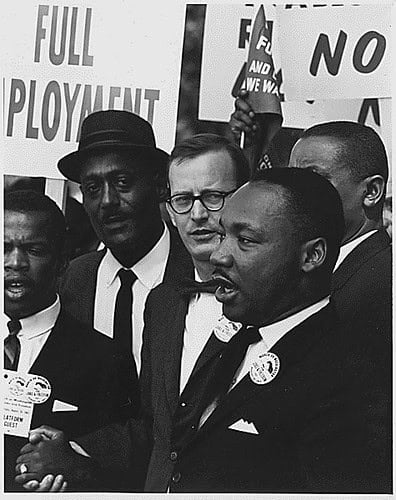
“A genuine leader is not a searcher for consensus but a molder of consensus.“
King’s words indicate that a true leader isn’t looking for opinions, but someone who has the moral courage to stand by their convictions. Given his actions, you could certainly count on him as a genuine leader.
Dwight D. Eisenhower
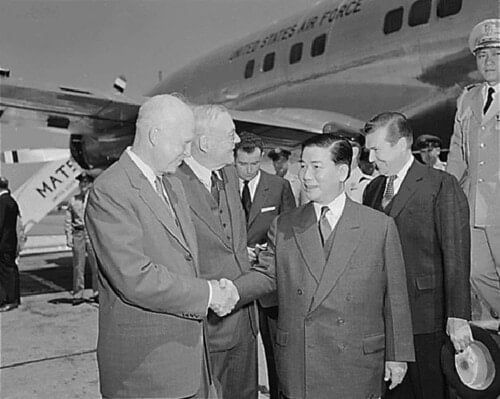
“Leadership is the art of getting someone else to do something you want done because he wants to do it.“
Eisenhower certainly understood what it took to be an effective leader. He was able to navigate the immense difficulties of spearheading the D-Day invasion after all.
Norman Schwarzkopf
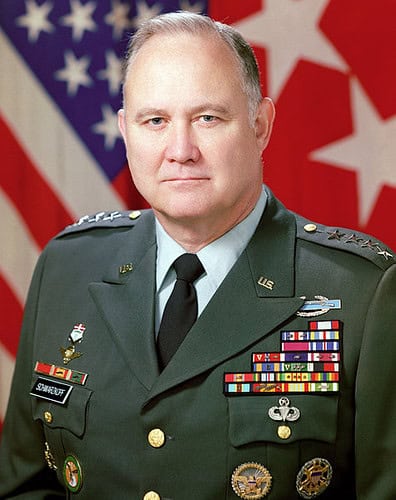
“When placed in command, take charge.“
Schwarzkopf is one of the great American generals and the commander in charge of managing Operation Desert Storm. You could argue he had a keen understanding of the weight of commanding one of the most powerful militaries in the world.
Chesty Puller
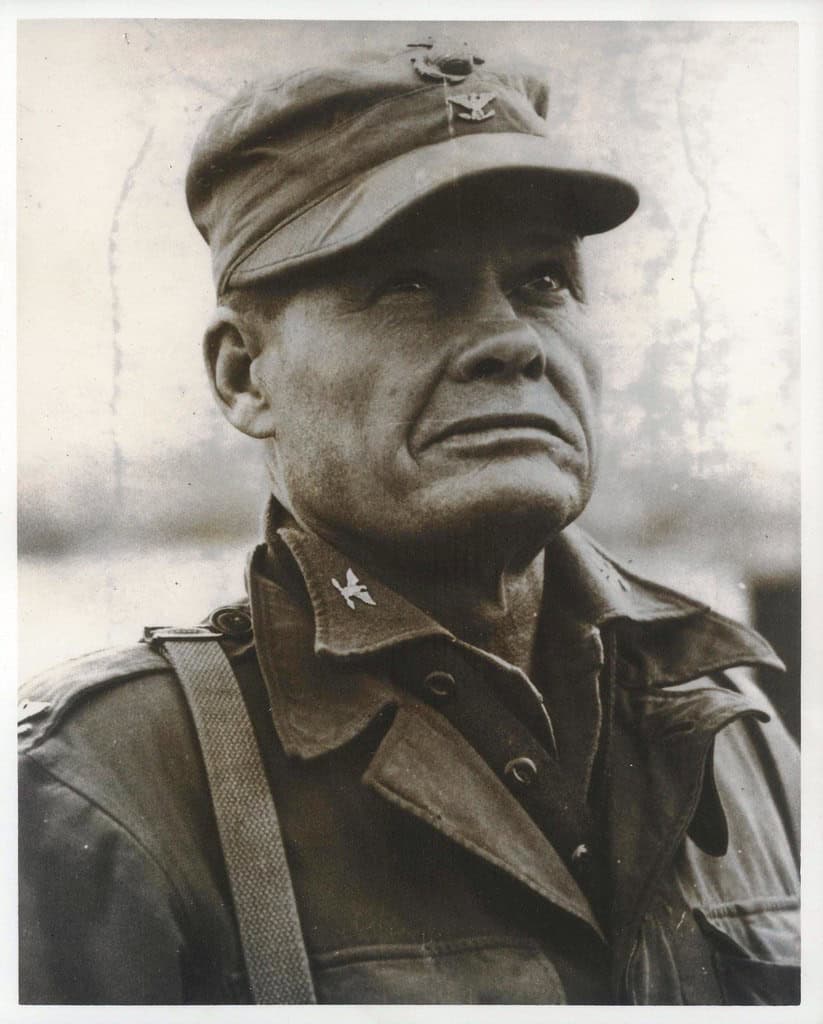
“If you want to get the most out of your men, give them a break! Don’t make them work completely in the dark. If you do, they won’t do a bit more than they have to. But if they comprehend, they’ll work like mad.“
Chesty Puller is regarded as a legend in the Marine Corps and for good reason. He understood that even when hard work needs to be done, downtime is crucial for morale and motivation.
Golda Meir
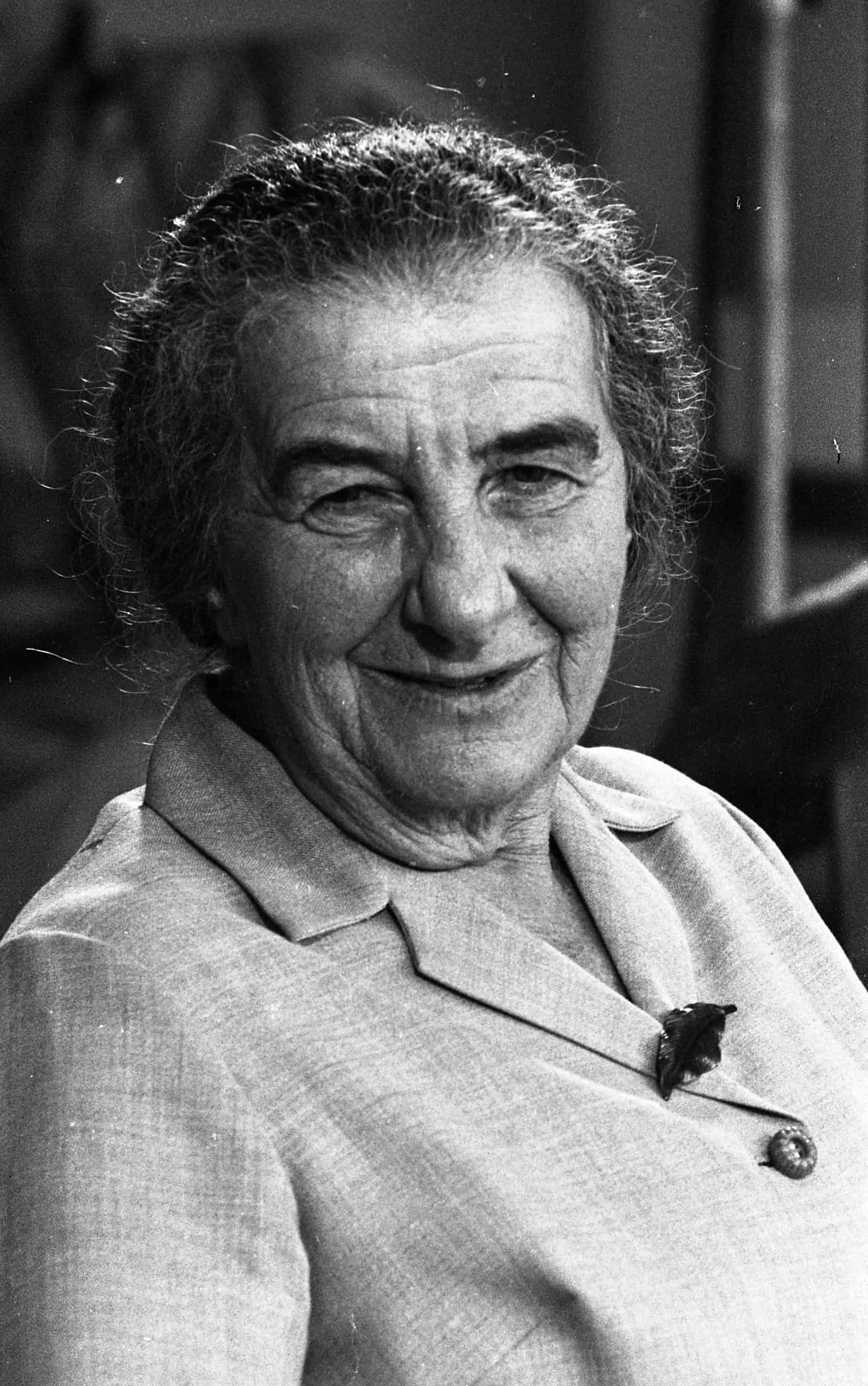
“A leader who doesn’t hesitate before he sends his nation into battle is not fit to be a leader.“
Former Israeli Prime Minister Golda Meir certainly understood what it meant to be an effective leader. When you send your troops to war, blood is going to be spilled on both sides, understanding the weight of those actions is vital to continued and effective leadership.
Charles de Gaulle
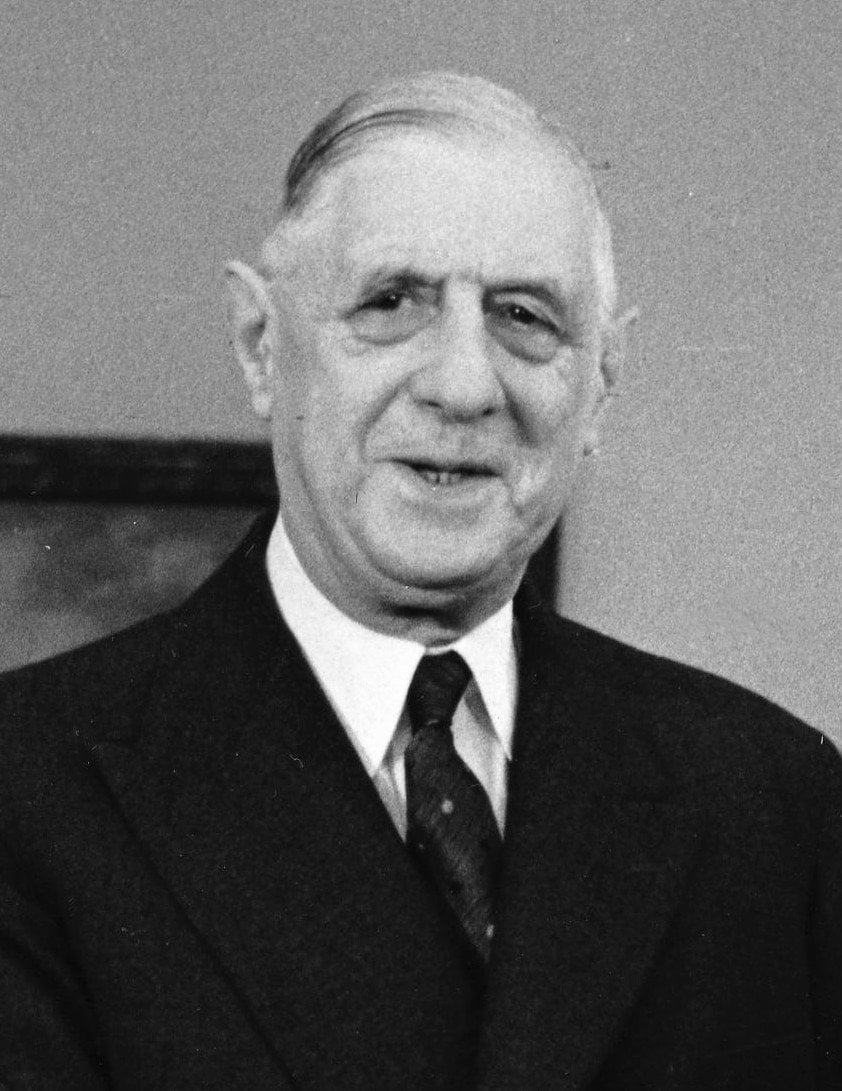
“The great leaders have always stage-managed their effects.“
de Gaulle is a national hero in France and for good reason. He understood that an effective leader needs to at least have an understanding of what their charges are doing under their care.
Barack Obama

“In a world of complex threats, our security and leadership depends on all elements of our power – including strong and principled diplomacy.“
Being an effective leader isn’t just a matter of wielding the biggest weapons, but understanding when you need to talk things out.
James Buchanan
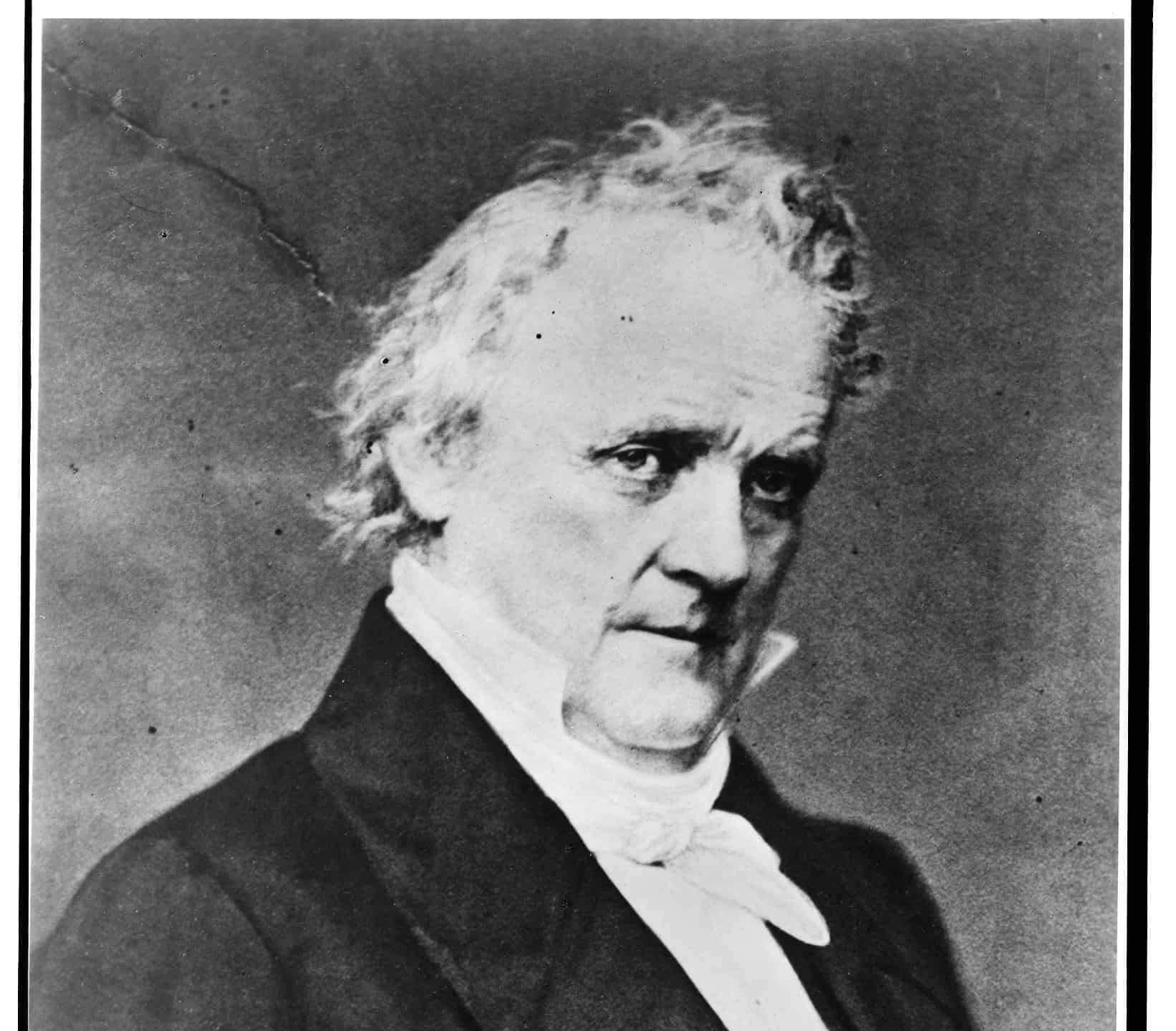
“The test of leadership is not to put greatness in humanity, but to elicit it, for the greatness is already there.“
Former president James Buchanan has a good handle on what it takes to make a great leader. Human beings are capable of tremendous things, give them space to do so and they will.
Woodrow Wilson
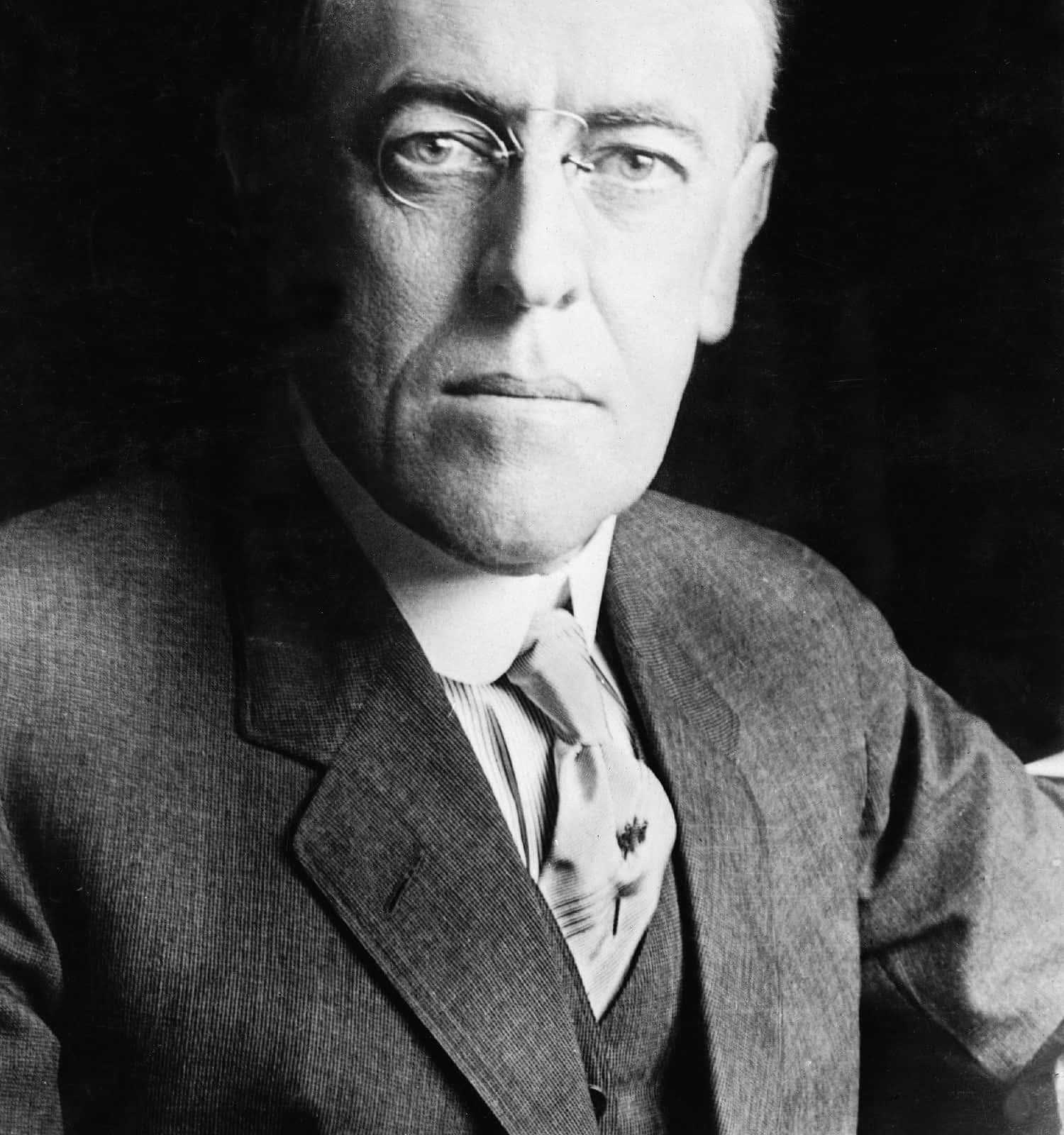
“Absolute identity with one’s cause is the first and great condition of successful leadership.“
As president during the First World War, Wilson was able to deliver much-needed aid to America’s allies while also remaining an effective leader when troops finally went overseas.
Justin Trudeau
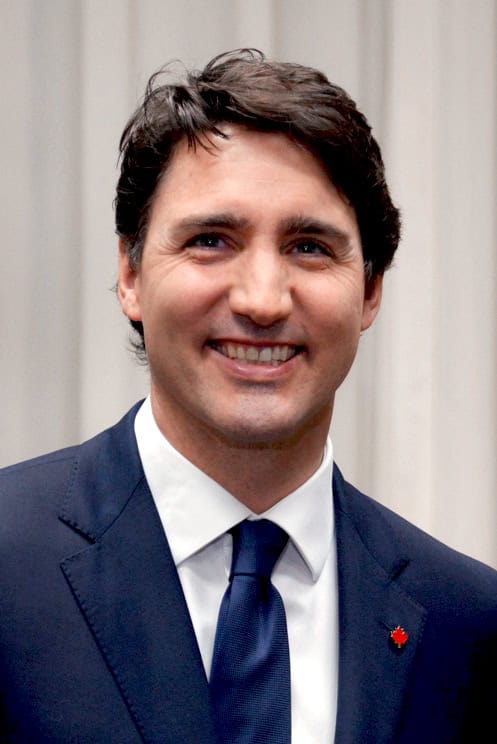
“Leadership is inspiring extraordinary people to step up and serve their country.“
Trudeau’s time in office might not be as well-regarded as his father’s, but he certainly has a handle on what it takes to be an effective leader.
Daisaku Ikeda
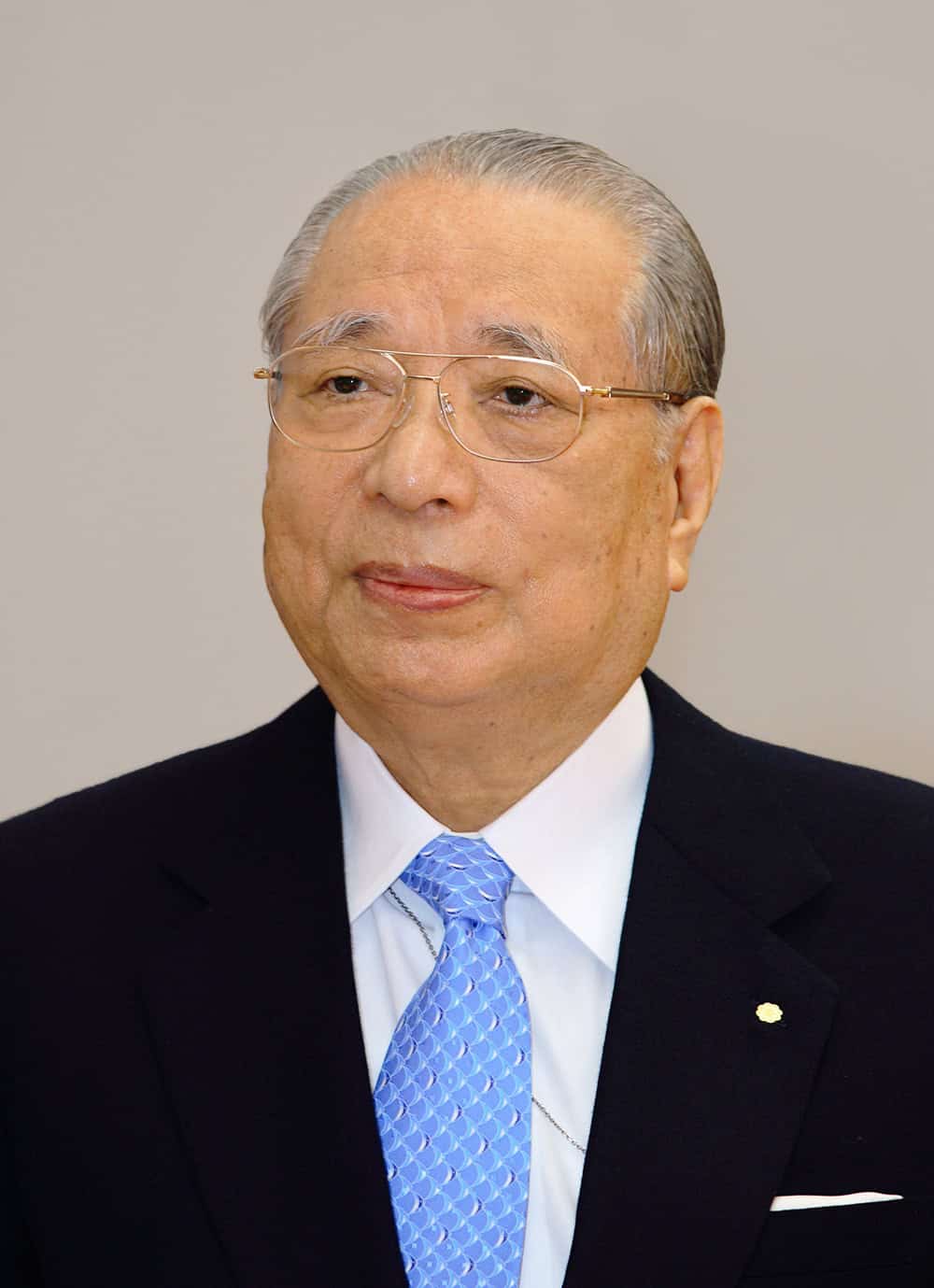
“Leadership that exploits and sacrifices young people on the altar of its goals is nothing more than raw, demonic power. Genuine leadership is found in ceaseless efforts to foster young people, to pave the way forward for them.“
I love this quote because any leader willing to sacrifice their people for their goals isn’t an effective leader in the slightest.
Hamad bin Isa Al Khalifa
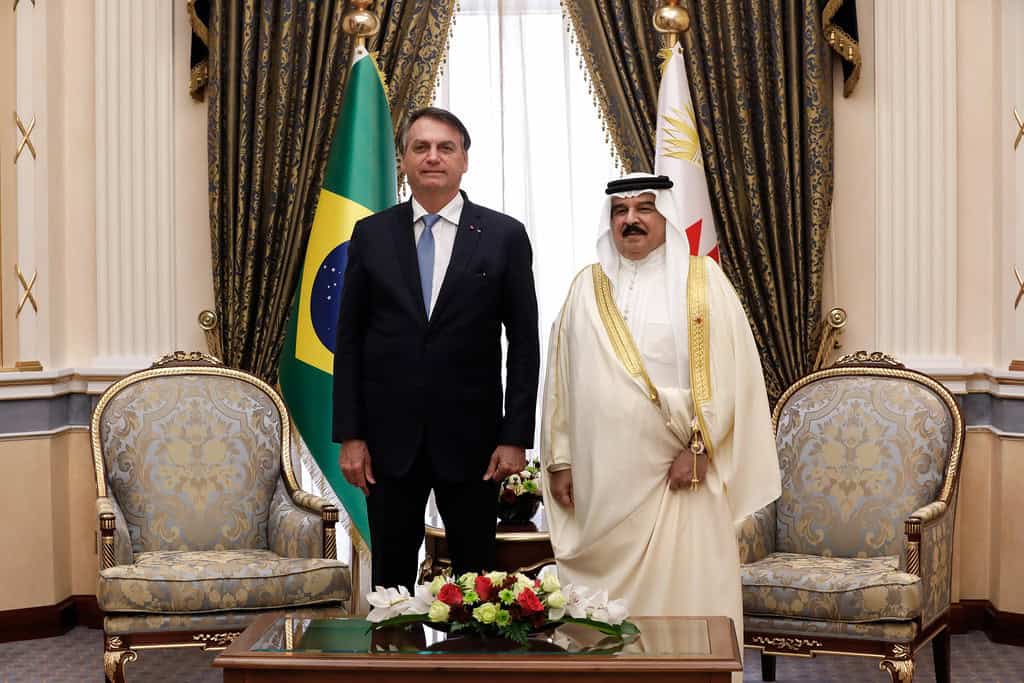
“You cannot transpose the U.S. system on Turkey, and the Turkish system on France, etc. You have to understand the people and their culture. That’s leadership.“
I don’t necessarily agree with this sentiment, but Hamad bin Isa Al Khalifa posits that effective leaders come from people born of the same mold as the people they are leading.
Lao Tzu
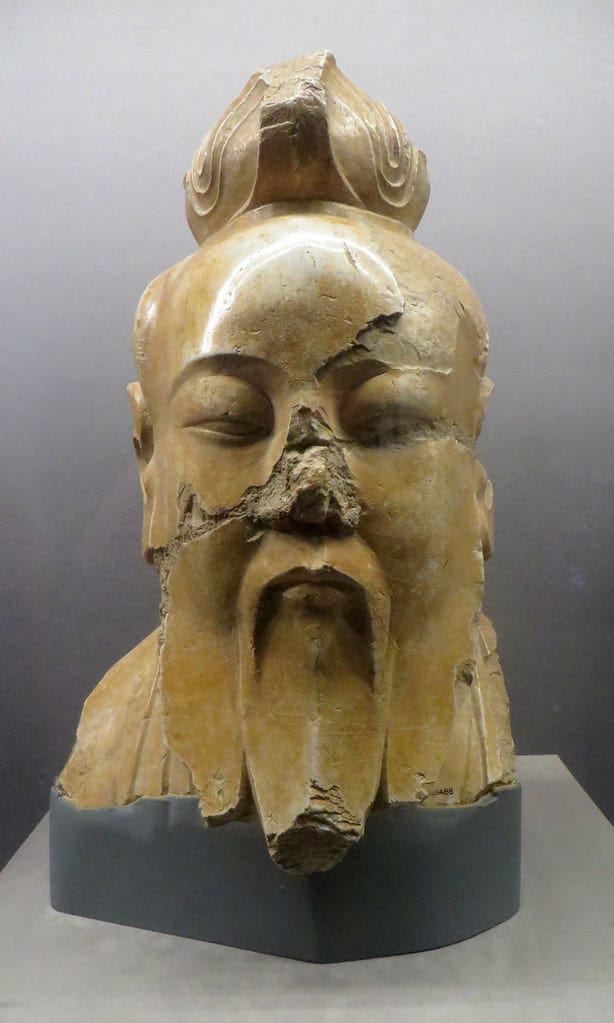
“A leader is best when people barely know he exists, when his work is done, his aim fulfilled, they will say: we did it ourselves.“
This is a methodology of leadership that is prevalent in businesses these days. A good leader motivates but acts almost as an invisible guiding hand. Getting results is vital in any position, but a leader can’t be in the mix and slowing down progress.
Mwai Kibaki
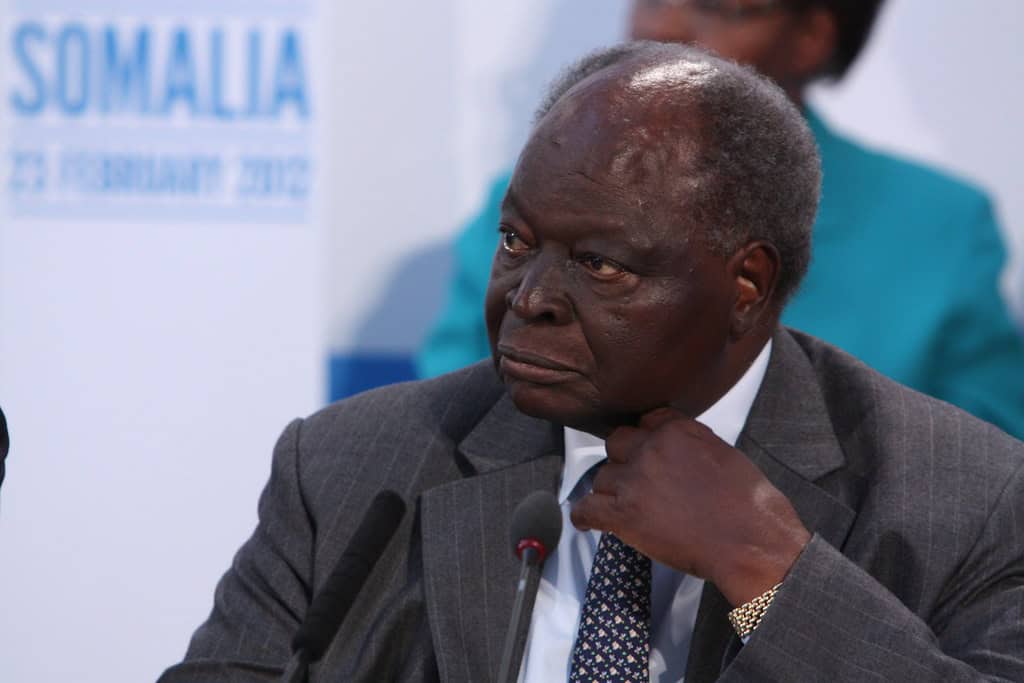
“Leadership is a privilege to better the lives of others. It is not an opportunity to satisfy personal greed.“
Kibaki’s take on what it means to be a leader makes for a perfect closing point. You have to be in it for the people, rather than your own gain.
The image featured at the top of this post is ©Smile Studio AP/Shutterstock.com.

